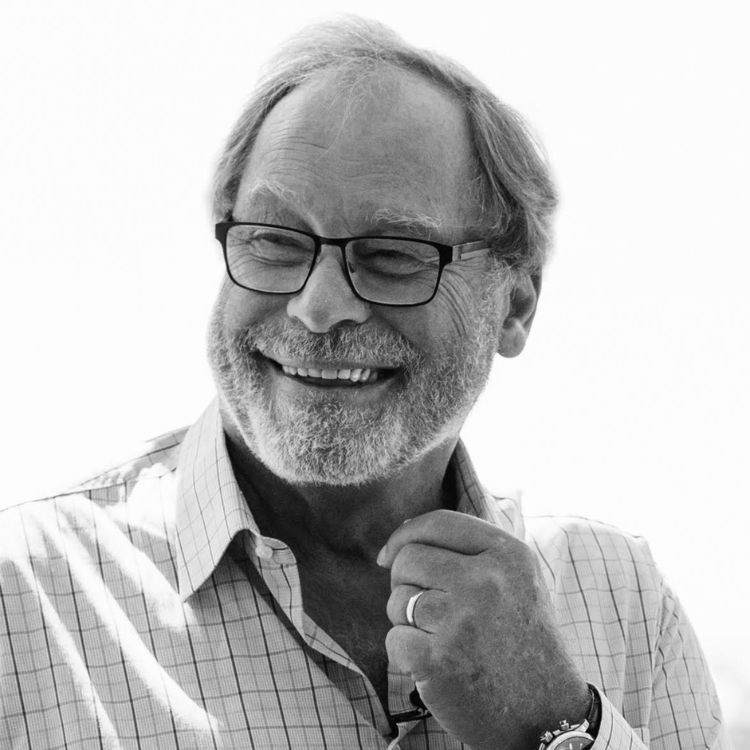As a detox for work addiction, in late 2016 my wife suggested it was time we took a sabbatical. And now in September 2017 that rhetoric is well and truly a reality. Like many business owners and leaders, it’s taken me many years to move from taking two weeks off at a time to three, so the idea to go ‘cold turkey’ and take three months took a while to settle. Anita was always going to study to improve on her rusty conversational German, but what was I going to do during endless months in Berlin?
I thought I would pen my impressions of this city before returning home. Steering clear of any sort of meeting that doesn’t include a wine or a bike path, my observations are more cultural than business, but still, from my day-to-day interactions and observations, I think I am building up a picture of their world @work, and life in general.
Visible history
Berlin’s history is fascinating and also highly visible. Everything from the Brandenburg Gate to the Holocaust Memorial to the Reichstag (seat of government), Museum Island, Eastside Gallery, Tempelhof Airport, the Tiergarten, the 1936 Olympic Stadium, Alexander Platz and even the palaces at Potsdam and Charlottenburg tell a piece of German, Prussian, Nazi and post WWII history. What is also impressive is that so many of these places were rebuilt after 1945 (a guided bicycle tour over five hours provided a brilliant overview).
Getting around
Even more impressive is the warmth of the people here and their apparent willingness to embrace foreigners; visitors and refugees alike. Of particular note is that with literally millions of bikes on the roads (only 30% of Berliners own cars), the patience and courtesy extended by road users has to be seen to be believed. I’m riding around 20 km a day on my bike, every trip, everywhere and I feel a freedom that one doesn’t experience driving a car. It’s many years since I rode a bike with any regularity, and the no lycra, everyday, every trip form of transport, with a road system that puts bikes and pedestrians first, means we could take a good look at Berlin. Now, what a good idea for a parliamentary study tour…
Daily life (and death)
I’m a proud Melburnian, but I have a lot to learn from a city like Berlin. I haven’t seen one display of road rage and everyone just seems to get on with life in a cool, calm, and dispassionate way, whilst giving due regard to their fellow human beings. Statistically there’s a 50% less chance of being murdered in Berlin than Melbourne (but by the number of people I see smoking, they probably die in less obvious circumstances)!
German efficiency
With a nod to German efficiency all forms of public transport seem to run on time. They’ve also turned their mind to creating efficiencies in hospitality: with two of my sons in town last week, we went to Klunkerkranich, a unique and vast rooftop-on-a-carpark bar. The 1 euro deposit on every glass and bottle means patrons return their glasses, the bar saves on labour costs and the tables essentially self-clean compliments of patrons. In fact all forms of recycling seem to be light years ahead of Australia. The other thing that has particularly struck me has been the relative cost of living compared to Melbourne. Most of the essentials seem to be about half to two thirds the cost of the same items in Melbourne and dining out is much the same – food is great too, although it’s with a bit of schadenfreude that I think eating out in Melbourne is better.
Over and out
The facts and fallout of Germany’s modern history are confronting, but a history raked over, and over, and over, is better than one swept away.
Lastly, Berlin seems to be a place where creativity is fostered, resourcefulness encouraged and originality embraced. It’s a young city, vibrant, cosmopolitan, and on the go. Ich liebe Berlin – but looking forward to being home again too.

Geoff Slade has worked at the forefront of the Recruitment industry for 50 years. He is the Executive Chairman of Slade Group and was awarded a Centenary Medal for services to the industry.

Great article. Welcome home. We’re flying out to Israel and Europe tonight. We’ll be gone for 5 weeks. GO TIGES. Best wishes to you both.